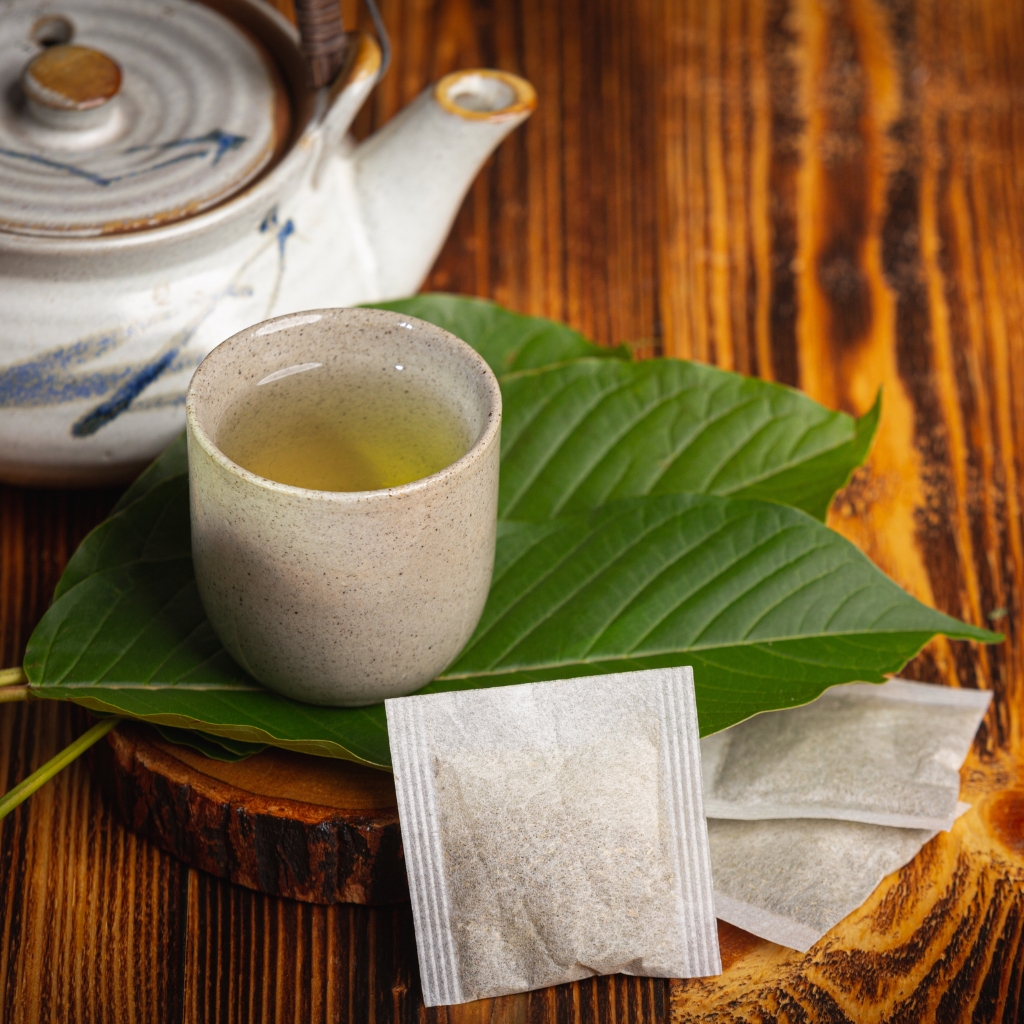High-quality kratom tea has gained popularity as an alternative to traditional methods of consuming kratom, but the question of its safety remains a topic of concern and debate among high quality kratom tea users and researchers alike.
Kratom has been used for centuries for its stimulating and pain-relieving effects. In recent years, kratom has gained attention in the West as an herbal supplement and recreational substance. The high quality kratom tea, made by brewing kratom leaves or powder in hot water, is considered by some to be a milder, more palatable way to consume the herb compared to methods like chewing the leaves or taking capsules.
The safety of kratom tea primarily hinges on the quality and purity of the kratom used in its preparation. High-quality kratom, sourced from reputable suppliers and properly processed, is less likely to be contaminated with harmful substances such as heavy metals, pesticides, or pathogens. Moreover, precise dosing and brewing techniques can mitigate the risk of adverse effects associated with kratom consumption, such as nausea, dizziness, or dependency.

The safety of kratom itself remains a point of contention. The U.S. Food and Drug Administration (FDA) has not approved kratom for any medical use, citing concerns over its potential for abuse, addiction, and serious health risks. The agency has also documented cases of kratom products being contaminated with other substances, further complicating its safety profile.
Proponents of kratom tea argue that when brewed responsibly and consumed in moderation, it can provide a safer alternative to other forms of kratom consumption. Advocates claim that the slower onset and milder effects of kratom tea compared to other methods may reduce the risk of overdose and dependency.
While high-quality kratom tea can be safer to drink compared to other forms of kratom consumption, it is not without risks. Potential consumers should research and purchase kratom from reputable sources, practice responsible consumption, and be aware of the legal status and regulatory issues surrounding kratom in their jurisdiction.



